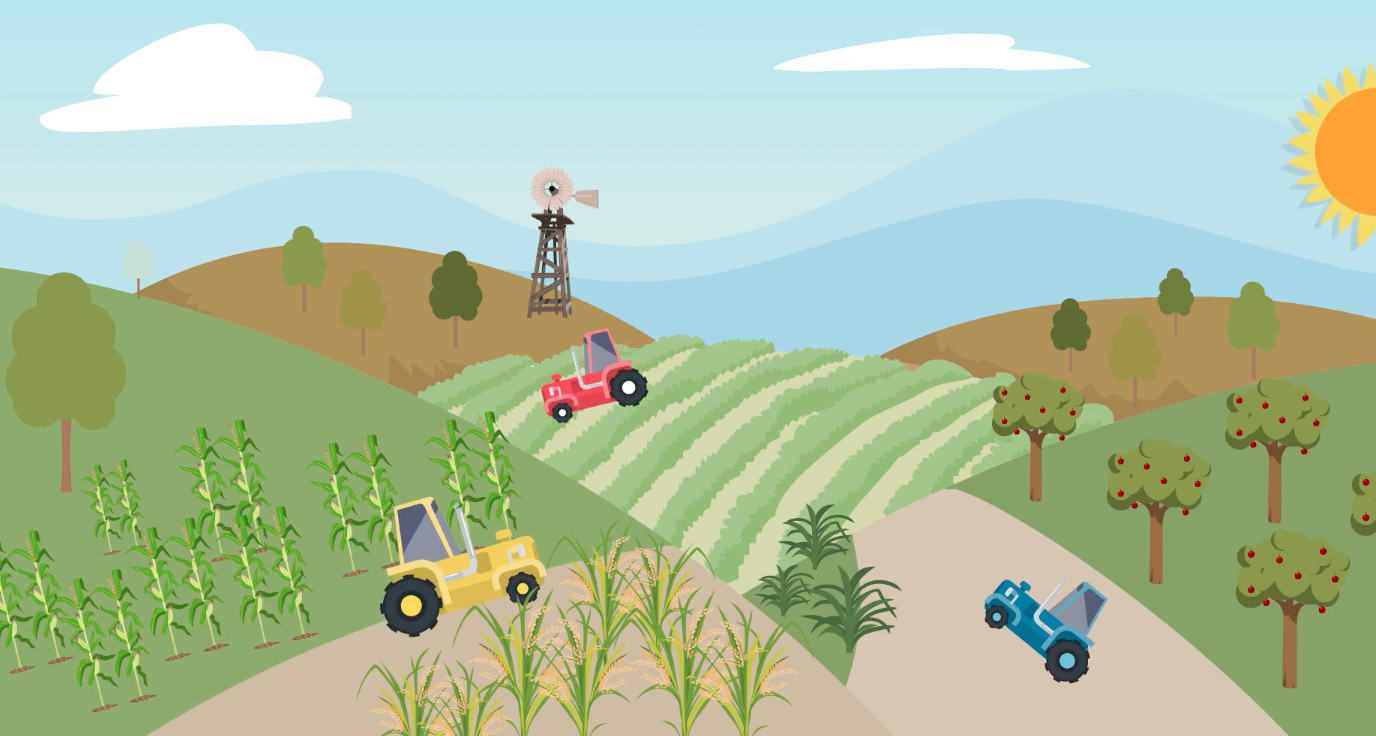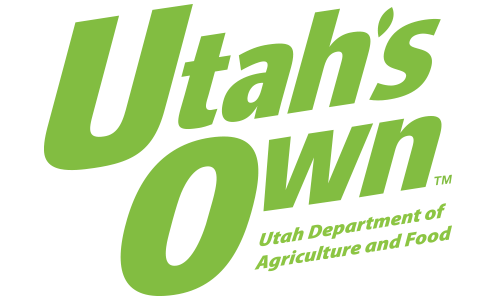The Utah Department of Agriculture and Food (UDAF) Soil Health Program is excited to announce the 2nd Biannual Soil Health in the West Conference being held in St. George, UT at the Dixie Convention Center on February 6-8, 2024.
“The importance of maintaining healthy soils is not a strange concept to Utah’s farmers and
ranchers. UDAF’s Soil Health Program has been working to expand these efforts since its
creation in 2021.” said Craig Buttars, UDAF Commissioner. “The Soil Health in the West
Conference is a great way to share information about soil health practices and resources with
producers in Utah and throughout the Western United States.”
The Soil Health in the West Conference brings together world experts and regional soil health practitioners under one roof for a multi-day learning and networking opportunity unlike any other in the Western United States. Partnering with the Utah Natural Resources Conservation Service (NRCS), UDAF puts on this conference to educate farmers and ranchers and inspire them to better understand the key role soil plays in the success of our agriculture systems.
“Research is showing that by implementing the six soil health principles using practices such as
no-till and cover crops we can make farms resilient to weather extremes like drought and flood
while increasing profitability through reduction in input costs.” said Tony Richards UDAF Soil
Health Program Manager. “Healthy soils capture and store more water, better cycle nutrients,
and are protected against erosion.”
This year’s conference will bring 29 different speakers covering topics from livestock grazing and soil health to soil health and its impact on water availability.
Keynote Speakers:
- Alejandro Carrillo – is a fourth-generation rancher in the Chihuahuan desert. Rarely does his precipitation go beyond 9” per year (< 230mm). Every drop counts to grow more and better grasses and forbs. He is not willing to waste any water in such a brittle environment if he wants to graze year-round without inputs.
- Joel Saltin – is a farmer, author, speaker, and mentor who is as comfortable moving cows in a pasture as he is addressing CEOs in a Wall Street business conference. He co-owns Polyface Farm with his family in Swoope, Virginia. He has written over a dozen books, serves as the editor of The Stockton Grass Farmer, and co-hosts the Beyond Labels foodscape research podcast. When he’s not on the road speaking, Joel is at home on the farm, keeping the calluses on his hands and dirt under his fingernails mentoring young people, inspiring visitors, and promoting local, regenerative food and farming systems.
Other speakers include farmers and ranchers from around the region including Arizona, Colorado, Idaho, Nevada, New Mexico, and Utah. For more information and to register for the conference, visit utahsoilhealth.org/events/2024-conference.
More on Soil Health:
In Utah’s desert environment implementing soil principles such as keeping the soil covered has shown a decrease in soil temperatures as much as 40°F reducing water loss from evaporation in some cases to zero. Managing a farm for soil health can increase the organic matter content of the soil by sequestering carbon; each 1% increase in soil organic matter increases the soil water holding capacity by 16,000 to 24,000 gallons per acre.
Six Principles of Soil Health:
1. Know Your Context
2. Minimize Disturbance
3. Keep the Soil Covered
4. Maximize Biodiversity
5. Keep a Living Root
6. Integrate Livestock









